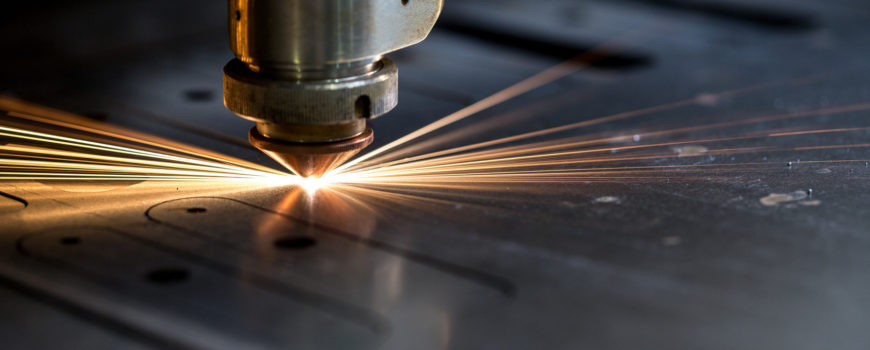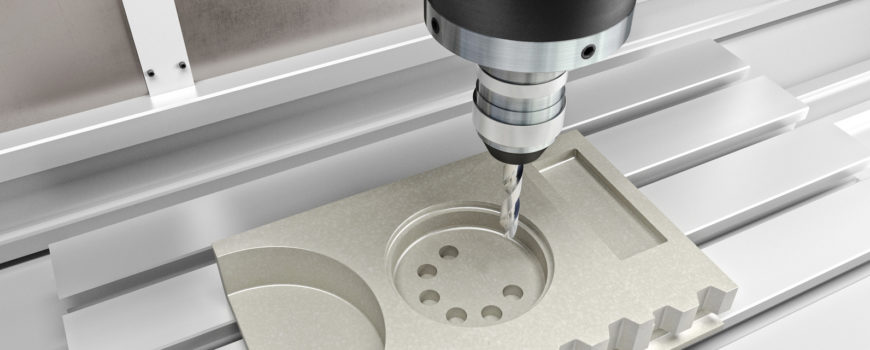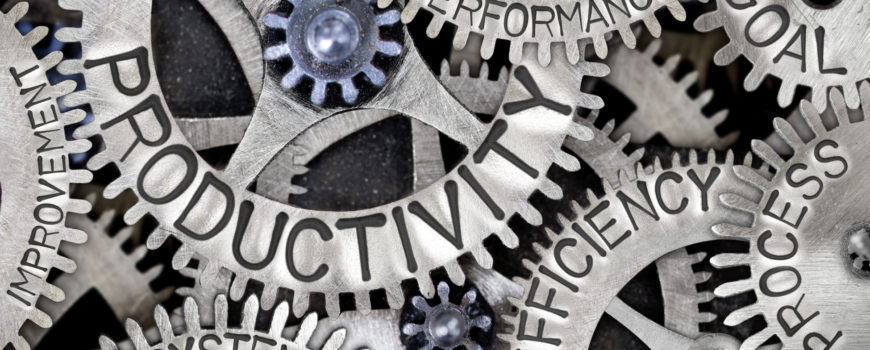The manufacturing industry in general, including CNC manufacturing and precision manufacturing, is one that is consistently recognized as one of the most important industries that contributes to economic prosperity. However, the US manufacturing industry is facing a gap. Not only are there not enough skilled workers available, but also there isn’t an interest in pursuing long-term careers in CNC manufacturing. A lot of this has to do with the public perception of the industry.
What Is the Public View of Manufacturing?
Americans value the industry, with 83% believing that manufacturing is important to economic prosperity in the country. Seven out of 10 Americans believe that the country should invest more in the industry. Eight in 10 Americans view manufacturing as an important way to maintain the standard of living in the country. Sixty-four percent believe that the manufacturing industry in the country is high tech. Even with these positive stats, Americans still aren’t choosing careers in CNC manufacturing. One-third would not encourage their children to pursue a career in manufacturing because they believe it doesn’t pay enough, is not a strong career path, and they are worried about the stability and security of the job. While 67% believe these jobs are rewarding and interesting, only half believe that a career in this industry provides good pay when compared to other industries.
Even though Americans aren’t encouraging their children to pursue those jobs and don’t seem to want to have these jobs themselves, they are optimistic about the future of manufacturing jobs and do believe that these perceptions can change and improve. Americans believe that future jobs can have better career prospects because they will require higher levels of expertise, have safer and cleaner environments, and be more innovative and creative. In order to get more people interested in manufacturing jobs, Americans believe there should be more targeted programs, such as apprenticeships and internships, as well as CNC manufacturing degree and certification programs. When Americans become more familiar with the industry, they are twice as likely to encourage their children to pursue a manufacturing career.
Education Matters in the Industry
As Americans are becoming more educated about the industry, their perception is changing. In order to fix some of these perceptions, it’s necessary to increase the pool of qualified candidates to be able to get the right talent to staff the roles that today’s manufacturing companies need. Community colleges, as well as technical schools across the country, are working with government and non-profit agencies, as well as manufacturers, to develop curriculum that will help make sure that students have the in-demand skills that are needed for these roles. These institutions, as well as manufacturers themselves, are better understanding the role that they play in transforming the public perception. Oftentimes in the past, manufacturers would spend money to invest in technology and equipment, but didn’t invest in their existing workforce and in the human capital. Due to this, the industry has fallen behind and is lagging when it comes to adapting to new operations in more technologically advanced environments. Schools have worked with private manufacturers in order to develop programs that will help focus on specific skills employers want, which not only makes it easier for the manufacturers themselves, but also benefits the students who want to make sure they can get a job when they are done with school. An example of this is a worker training program with American Makes. This organization is a leading partner in research for 3D printing and additive manufacturing. The organization is a public-private partnership that works to accelerate and innovate additive manufacturing with the goal to help increase the manufacturing competitiveness in the United States. The curriculum that is offered is skills-based training, and the apprenticeships offer a range of jobs that are in demand with a focus on the 3D workforce.
Improving the US Manufacturing Competitiveness
In order to improve perceptions about the industry, more than three-fourths of Americans agree that there needs to be a more strategic approach to invest and develop the manufacturing base. Seven in ten Americans believe that a strong manufacturing base should be a priority for the nation and there should be tax incentives to encourage it. There needs to be lowered health care costs, reforms in the education system, and a comprehensive energy policy. These are just some of the actions that Americans believe could help bolster the competitiveness of the US manufacturing industry.
What’s Really Happening in the Industry?
The manufacturing industry provides one of the most stable and secure career paths, and the average tenure of workers in manufacturing jobs is the highest among private sector industries. Manufacturing jobs have some of the lowest turnover rates as well. Despite what some think, CNC manufacturing jobs are paying well. According to statistics from the Bureau of Labor and Bureau of Economic Analysis, the average worker earned $81,289, which included benefits and pay, compared to the average worker in other industries only earning $63,830. Health benefits can be a concern with job seekers, and manufacturers have some of the higher percentage of workers who are eligible for health benefits provided by an employer. Skilled workers are needed, especially over the next decade. About 3.5 million manufacturing jobs will be needed, which is due to a combination of the retirement of Baby Boomers and the strengthening economy. By making these statistics more well known and increasing public awareness, it can help dispel false perceptions to help get the news out that the industry is actually doing pretty well. Manufacturing is a big contributor to the US economy. The industry employs about 12 million people and the effect of it ripples throughout the entire nation. For every one dollar that is spent in manufacturing, another $1.81 is added to the economy. For every job that is added in the manufacturing industry, four other jobs are added in the broader economy.
How Trends in the Industry Affect Perceptions
Different technological advances that are entering the industry, such as IoT and robotics, are also changing perceptions that are helping to shape the industry. Despite the new technology and many people thinking that technology is going to replace jobs, there is still a huge demand for jobs that are more skilled and can work alongside the changing technology. While some jobs are lost due to robotics and new technology, these jobs are being replaced with higher skilled jobs, which pay more and offer more stability. The newer jobs for higher skilled workers are exactly the kind of jobs that are needed to counteract the negative perceptions that go along with the industry.











